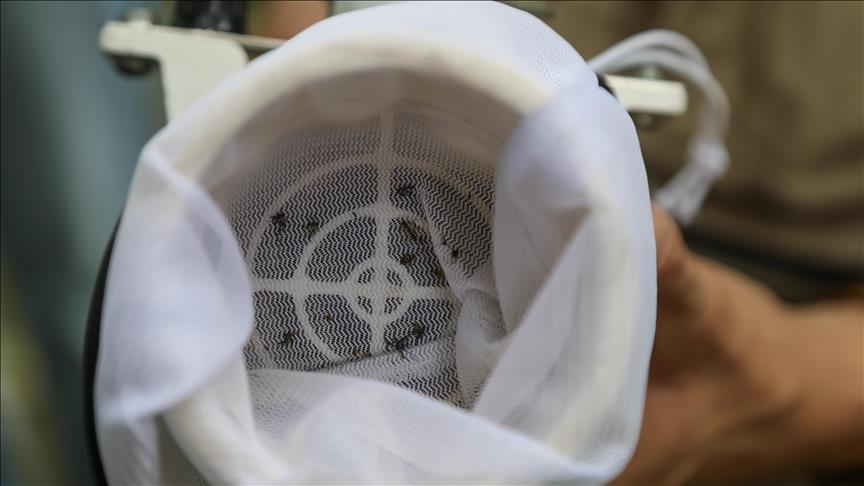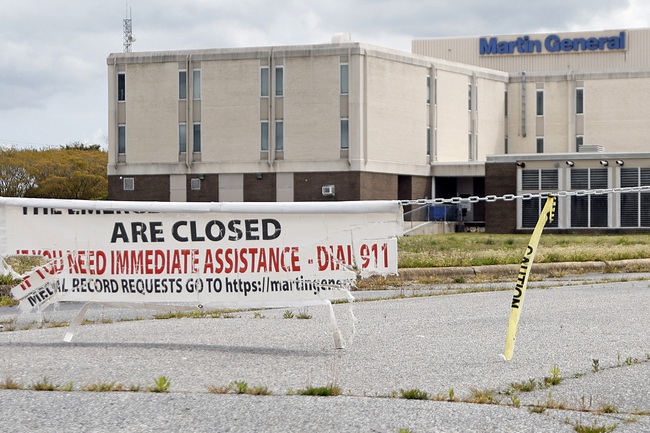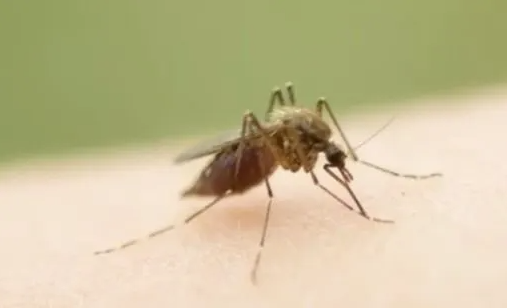Desert mosquitoes pose growing health threat to Las Vegas residents and tourists

Las Vegas faces an unprecedented mosquito crisis as disease-carrying insects rapidly spread across the valley, developing resistance to pesticides and threatening to transform the tourist capital into a hotbed for mosquito-borne illnesses.
The invasion spreads across zip codes
What started as a few mosquitoes in limited areas has exploded into a valley-wide infestation. The aggressive Aedes aegypti mosquito, first detected in just a few Clark County zip codes in 2017, now infests 48 different zip codes across the Las Vegas Valley.
“In 2017, this mosquito was found in just a few ZIP codes,” explained Vivek Raman, who oversees the Southern Nevada Health District’s mosquito surveillance program. “A few years later, it was six ZIP codes. Then 12 ZIP codes, then maybe 20, and now it’s in 48 different ZIP codes across the valley.”
These aren’t just any mosquitoes. Aedes aegypti are “relentless biters” that attack during the day, primarily targeting human ankles. Unlike the traditional Culex mosquitoes that feed at twilight, these aggressive insects bite throughout daylight hours, making outdoor activities increasingly uncomfortable for residents and tourists alike.
A perfect storm for disease transmission
The mosquito explosion creates what UNLV researcher Louisa Messenger calls “a ticking time bomb” for Las Vegas. With more than 48 million visitors arriving annually from around the globe, the city provides ideal conditions for disease transmission.
“It just takes a couple of mosquito bites to start local transmission,” Messenger warned, pointing to the surge in dengue fever across the Americas, with over 13 million cases recorded in 2024 alone.
The Southern Nevada Health District reported 2025’s first West Nile virus-positive mosquitoes in July, found in the 89123 zip code near Harry Reid International Airport. While human cases remain lower than last year’s 26 reported infections, health officials warn that peak transmission typically occurs in August and September.
Pesticide resistance compounds the crisis
Perhaps most alarming is the discovery that Las Vegas mosquitoes are developing resistance to commonly used pesticides. UNLV researchers found that mosquitoes around golf courses in Summerlin and Henderson show increasing immunity to insecticides, rendering traditional control methods ineffective.
“If we continue to overuse particular types of pesticides in the environment, eventually it’s inevitable that we will begin to select for resistance,” Messenger explained. With mosquitoes reproducing every two weeks, resistant mutations can spread rapidly through the population.
Why desert mosquitoes thrive in Vegas
Contrary to popular belief, Las Vegas provides ideal breeding conditions for mosquitoes despite its desert climate. Urban development has created countless artificial water sources where mosquitoes reproduce:
- Unmaintained swimming pools serve as breeding grounds for Culex mosquitoes
- Irrigation runoff and lawn sprinklers create shallow pools perfect for Aedes aegypti
- Children’s toys, wheelbarrows, and even bottle caps collecting rainwater become nurseries
- Golf courses and artificial lakes provide permanent water sources
Climate change amplifies these conditions. Las Vegas has experienced a 6.2°F increase in average springtime temperatures since 1970, extending the mosquito season and accelerating reproduction rates.
Public health response falls short
The Southern Nevada Health District’s mosquito surveillance program, established in 2004 after West Nile virus first appeared, deploys over 1,670 traps throughout Clark County. Yet experts argue this reactive approach isn’t enough.
“When insecticides are used in uncoordinated and unregulated fashions, this is when you see resistance beginning to evolve,” Messenger noted, calling for a comprehensive regional abatement program rather than the current patchwork of city-level efforts.
Protecting yourself and your property
Health officials urge residents to take immediate action:
Eliminate breeding sites:
- Empty all containers holding standing water weekly
- Maintain swimming pools with proper chlorination and circulation
- Fix leaky irrigation systems and eliminate puddles
- Clear gutters and remove yard debris
Personal protection:
- Apply EPA-registered insect repellents containing DEET, picaridin, or oil of lemon eucalyptus
- Wear long sleeves and pants, especially during dawn and dusk
- Install or repair window and door screens
- Report mosquito activity to the Health District at (702) 759-1633
As Las Vegas serves as “a case study for what climate change is going to look like in other parts of the world,” according to Messenger, the city’s mosquito crisis offers a preview of challenges facing communities worldwide as temperatures rise and precipitation patterns shift.
Image Sources: https://www.aa.com.tr/en/americas/las-vegas-confronted-with-growing-mosquito-problem/3662270
Category: Health
Subcategory: Public Health
Date: 08/18/2025




